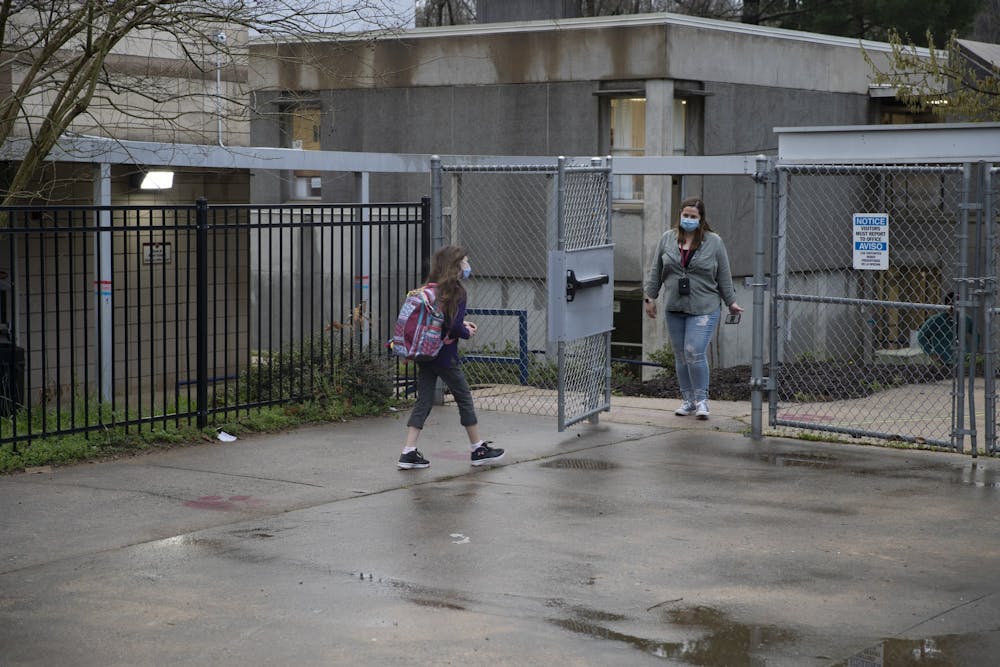Jenks said providing social opportunities like these while also maintaining safety is informed by community conversations and the evolving nature of the pandemic.
“We are still in a pandemic — it is not over,” Jenks said. “However, we learn more every day, every week and every month how to be safe under these circumstances.”
With holiday travel, the omicron variant and winter months influencing pandemic trends, Jenks said the district isn’t prematurely committing to changes for the beginning of the spring semester. He said the process is an ongoing conversation between the school board and community “stakeholders,” including students, families and employees.
He said some of the districts’ priorities moving forward include allowing more extracurricular activities to occur, allowing more volunteers to return to the school and extending socialization opportunities while maintaining safety standards.
A statewide order for more funding
Changes may also be coming to the district on a statewide level. Much has been made about the ongoing Leandro v. State case, which declared in a 1997 N.C. Supreme Court ruling that North Carolina schools were underfunded and that the state has “a constitutional obligation to ensure all children have access to a sound basic education.”
Earlier this month, N.C. Superior Court Judge David Lee ordered the state to provide a $1.7 billion increase to education funding. However, a Nov. 30 decision from the state's court of appeals said this could not be done without legislative approval.
In the more than two decades following the decision, little has been done to change the status of funding for N.C. public schools.
This November court order, which would draw funding from the state’s general fund, could provide a significant increase in statewide public school funding, including for CHCCS. However, the decision has already faced challenges from politicians.
In a joint statement made on Nov. 10, Senate President Pro Tempore Phil Berger and House Speaker Tim Moore argued that a 2020 case from the N.C. Court of Appeals determined that only the legislature could appropriate state funds.
“This case has devolved into an attempt by politically allied lawyers and the Governor to enact the Governor’s preferred budget plan via court order, cutting out the legislature from its proper and constitutional role,” Berger and Moore said in the statement.
Despite increases to public education funding in this year's recently signed budget, many advocacy groups such as the Public School Forum of North Carolina have said the state is still not adequately funding education in line with the Leandro case. Though Lee's court order has now been blocked, activists like Mary Ann Wolf, president of the Public School Forum, said the funding it would have provided is essential.
To get the day's news and headlines in your inbox each morning, sign up for our email newsletters.
“The people of North Carolina made a commitment to a sound basic education for each student by way of our state’s constitution," Wolf said in a written statement about Lee's decision, "and these investments ensure that our schools and our students have what they need to reach their potential.”
@briandrosie
@DTHCityState | city@dailytarheel.com




